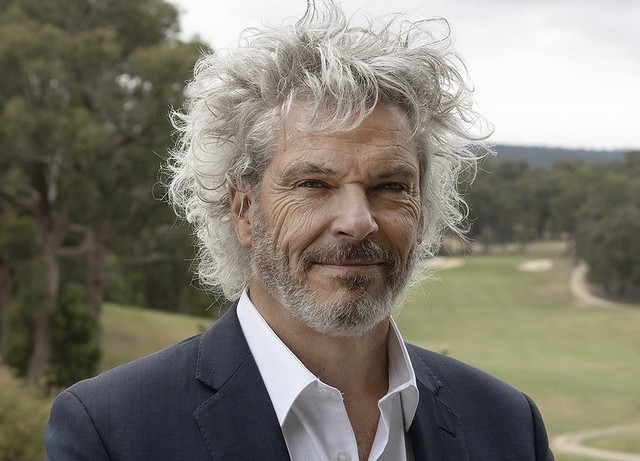Live4Life has been celebrated for breaking ground in youth mental health but now its Macedon Ranges founders will turn away from the model by December.
An external evaluation of Life4Life in the Macedon Ranges has revealed significant challenges affecting the program’s viability and effectiveness in recent years.
Increasing costs, low engagement and delivery inconsistencies are among the concerns that will see Macedon Ranges Shire Council step down as lead agency.
Changes to the model, covid-19 pandemic interruptions and an overhaul of the council’s structure and staffing, were also acknowledged among reasons for the program’s decline.
Last week, MRSC agreed to transition from the current model by December to a new program co-designed with Youth Live4Life, stakeholders and local youth.
Councillors said it was a move to “reinvigorate” and “refresh” the approach to youth mental health in the shire.
“Fifteen years ago our community was experiencing a major crisis with youth suicide and mental health, and I dread to think where we would be today without this program,” Cr Janet Pearce said.
“We recognise there are multiple reasons for where we sit currently with the program and the schools in our shire.
“Things change, and we are pausing, looking at all options and models, and how it is to be implemented to make the program and engagement as strong as possible.”
The council currently allocates 70 per cent of its total Youth Mental Health budget on the delivery of the Live4Life program ($147,499).
MRSC developed the original program that has been delivered annually in partnership with local secondary schools and community organisations.
Change came in 2016 when Youth Live4Life was incorporated and took leadership to deliver the program state-wide: now to 13 other local government areas.
However, a report to council said the program’s transition to a more expensive, accredited Teen Mental Health First Aid education model in 2017 was a move away from the previous youth-led and co-designed approach.
The evaluation found some Macedon Ranges schools had axed the program as it could not adapt to suit their needs.
Delivering the program last year were Braemar, Sacred Heart and Gisborne Secondary Colleges but some have indicated they too may soon seek other options.
Cr Rob Guthrie, mayor when Live4Life was first implemented, gave his full support to taking a new approach.
“We’re not shutting it down. We’re saying: let’s review it, let’s polish it, let’s update as necessary, and let’s keep a program that is appropriate and keep it running.”
While most councillors spoke to a need for change, some held concerns about timing of the transition.
Fellow councillor, and GP, Jennifer Anderson supported ideas for improving the model but did not want to leave a gap in the service.
“Throughout the program, there has been a lot of work done and a lot of lives saved and you can’t put a monetary value on saving a life,” she said.
A key element councillors agreed on was ensuring a new youth mental health program was co-designed in partnership with Youth Live4Life, key stakeholders and young people.
Following the council’s decision, Youth Live4Life CEO Bernard Galbally said he looked forward to working with all partners in Macedon Ranges, including schools, health services and council.
“Since Live4Life began, more than 10,000 young people and adults in the Macedon Ranges have been equipped with the skills and knowledge to better support their own and other’s mental health,” he said.
“Live4Life is conscious of the budget pressures facing regional local governments across the state and is committed to supporting the Macedon Ranges community to improve young people’s mental health skills and prevent suicide.
“Multiple independent evaluations demonstrate the impact, relevance and effectiveness of Live4Life.
“Live4Life is recognised in the Royal Commission into Victoria’s Mental Health System as an example of a local organisation driving change in young people’s lives.”
Mr Galbally thanked the council for its contribution and support.








